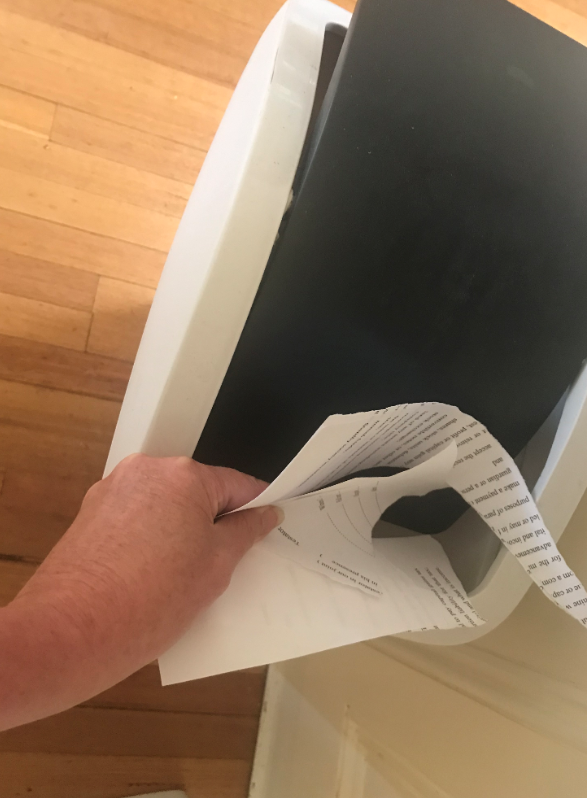
Generally, a will remains valid until the person who made the will changes or revokes it. But there are exceptions that you may not be aware of.
1. Marriage or the commencement of a registered relationship revokes a will
2. Divorce or the ending of a registered relationship revokes your former spouse or partner as your executor or any gift left to them
3. Separation does not have an effect on your will
Generally, a will remains valid until the person who made the will changes or revokes it.
The only exceptions are those above, that is when a person begins or ends a registered relationship or marriage. Then, the will is automatically revoked in whole or in part.
If, however, it is stated in the will that the will is made in contemplation of the marriage or registered relationship or that the end of the marriage or of the registered relationship is to have no effect, the will remains valid.
A will can be revoked by tearing it up or destroying it but it must be done with the intention of the person who wrote the will, revoking it.
When a will is revoked, unless another is prepared, the person has no will. An earlier will does not then become valid.
How Can I Change My Will?
A codicil, which is a separate document to the will, can be prepared, referring to the changes it is wished to be made but it must meet the formal requirements of a will and should refer to the original will and the date it was made. Generally, it is simpler and safer to make a new will.
